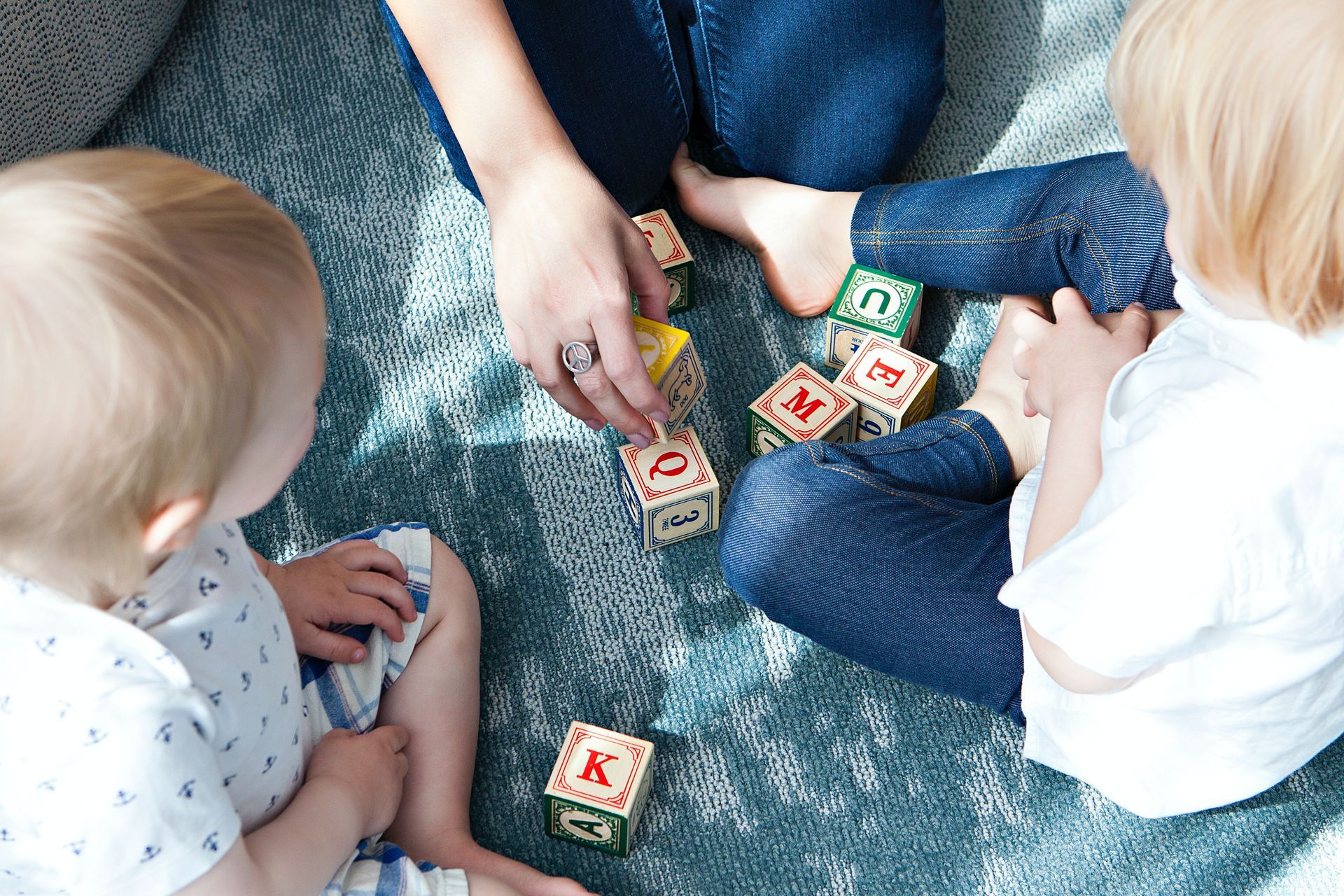
Of course you want to treat your children fairly, but because kids are different you’ll find you won’t be able to treat them all the same. That doesn’t mean you don’t love them equally. But you may have to structure things a little differently for each child.
When you say “harder”, I assume your question is more about how to discipline your children than how to treat them. In the area of discipline, more important than being equal is being consistent. I don’t know how old your children are, but I’ll assume they’re under 12. If your children are close to the same age, they should all have basically the same rules and the same consequences.
In that case, you really aren’t being harder on any one child. In essence, if she disobeys the rules, she’s being harder on herself. Remember that your goal is to be consistent. That avoids any appearance of favoritism. Unfortunately, in some cases, you may find yourself having to be consistent more often with one child than another!
A child’s behavior is more trained than taught. You can’t always reason with a child. You’ve set rules and it’s important for your child needs to learn to respect the rules and you as a parent.
One training method I recommend, “1 – 2 – 3 Magic”, was developed by child psychologist Thomas W. Phelan, PhD. He has a book and tape series you may want to check out at your local library or bookstore. (This method works for many children, but not all. Be sensitive of your child’s uniqueness.) Here’s how it works:
You sit down with your child and explain the system in their language. It’s a good idea to make eye contact with the child, use vocabulary that’s age appropriate and ask them to acknowledge they know what’s expected of them.
For instance with a four-year-old, you may say “Suzie, when you disobey, I’m going to count to three. If I get to three and you haven’t obeyed me, I’m going to send you to your room for a 4 minutes time out. Do you understand?”
Time out is usually a good consequence for small children. I suggest the number of minutes in time out correspond to his age. As children grow older, you may want to change the consequences to line up with their personality. For one it may be no computer time and for another no playing outside.
Back to your small children. Counting is a good system because it gives the child a set time limit to obey or face the consequences. The amount of time he has to modify his behavior is the same for each child in every situation. And the consequences don’t change. Sometimes it’s easier for a parent to be firmer on bad days and more lenient on good days. This method reduces that potential for inconsistency.
Counting also allows you to detach yourself emotionally. You’ve set the rules, now you just need to carry out the action plan. And it is fairer to all your children because no one gets more or less chances.
On the other hand, don’t make your counting a lesson in fractions. I’m sure you’ve heard other parents or maybe yourself counting: “: one… two …two and a half… two and three quarters…” Stick to whole numbers and don’t go beyond three.
Most importantly, both parents need to agree on this system. It will be impossible if the child gets conflicting messages. Children seem to innately know how to divide and conquer parents. So work together and be consistent.
Remember, although at times it may be hard to be consistent, doing so will make your life easier and will eventually teach your child valuable life skills.
Additional Resources:
https://fvinstitute.com/treating-children-differently-while-loving-them-the-same/
https://fvinstitute.com/reasons-girls-bully-ways-help-teen-harsh-realities-teenage-girl/
https://fvinstitute.com/school-refusal/
https://fvinstitute.com/raising-a-teenager-without-raising-your-blood-pressure/
https://fvinstitute.com/adult-children-of-substance-abusers-dealing-with-a-legacy-of-family-dysfunction/
https://fvinstitute.com/healthy-sleeping-habits-for-children/
https://fvinstitute.com/tips-raise-self-esteem-teens/
https://fvinstitute.com/using-thought-defusion-cope-teenage-anxiety/
https://fvinstitute.com/tips-teen-anxiety-start-school-year/
https://fvinstitute.com/strengthen-parent-child-connection-attachment-based-parenting-tips/



